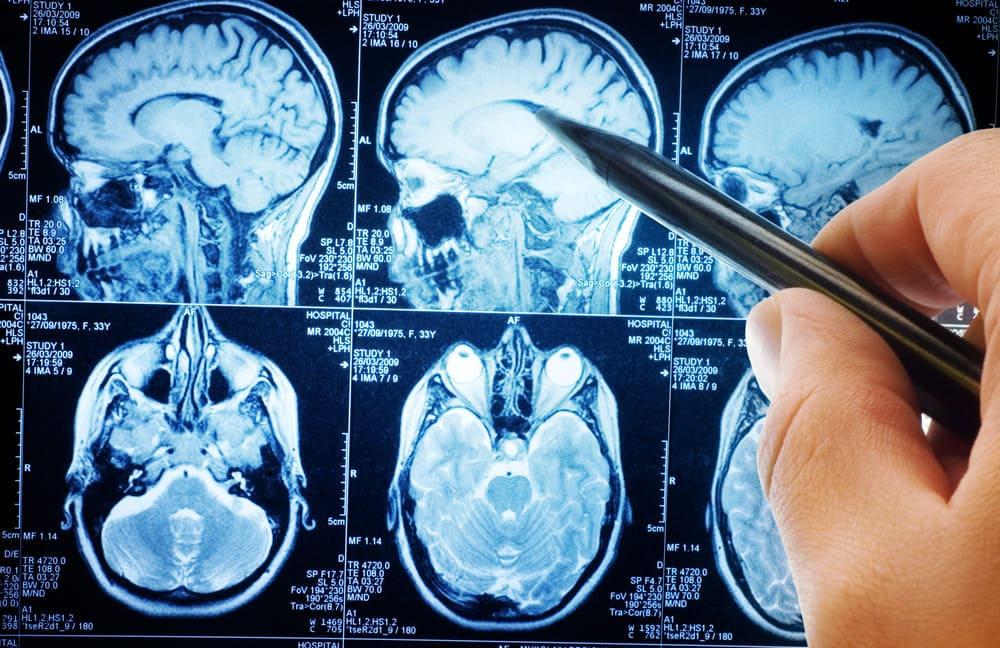How to Take Care of Your Brain: A Complete Guide for a Healthy and Active Mind
Health
2025-10-16 10:45:28
👁️ 2 views

The brain is the command center of our body – it controls everything from thoughts and emotions to movements and memory. However, even though we use it every moment, many of us forget to “care” for it as we do with other parts of the body. The good news is that, like a muscle, the brain can be trained, nourished, and protected to function better and longer.
In a world where stress, sedentary lifestyles, unhealthy eating, and excessive technology constantly demand our attention, it’s vital to understand how we can support brain health. Here’s what you should do (and avoid) to keep your brain healthy, sharp, and young for as long as possible.
1. Nutrition – The “Fuel” for Intelligence
The brain consumes about 20% of the body’s daily energy. That means what you eat directly influences your memory, focus, mood, and mental clarity.
What to eat:
Fatty fish (salmon, sardines, mackerel) – rich in Omega-3 fatty acids, essential for cognitive function and neuron protection.
Blueberries, strawberries, and other berries – contain antioxidants that fight oxidative stress and improve memory.
Nuts and seeds – excellent sources of vitamin E, which protects brain cells from premature aging.
Eggs – rich in choline, a nutrient involved in neurotransmitter production.
Leafy green vegetables – spinach, kale, broccoli – contain vitamin K, lutein, and folate, nutrients associated with slowing cognitive decline.
What to avoid:
Excess refined sugar – impairs long-term memory and causes brain inflammation.
Trans fats – found in margarine, snacks, and processed baked goods. They can damage neural connections.
Excessive alcohol – disrupts communication between neurons and can lead to memory loss and cognitive issues.
Aspartame and other artificial sweeteners – can negatively affect mood and mental clarity.
2. Physical Exercise – Training for Your Brain
Physical activity is not just for muscles but also for the mind. Regular exercise improves blood circulation, oxygenates the brain, and promotes the release of endorphins and neurotrophic factors – substances that encourage the formation of new neural connections.
Recommendations:
30 minutes of moderate activity daily (brisk walking, swimming, cycling).
Coordination exercises – dancing, yoga, martial arts – activate multiple brain areas simultaneously.
Nature walks – proven to reduce stress and improve attention.
3. Sleep – When Your Brain “Cleans” Itself
During sleep, the brain processes daily information, removes toxins, and recharges. Lack of sleep leads to concentration problems, anxiety, irritability, and even increased risk of Alzheimer’s disease in the long term.
What to know:
Ideally, get 7-9 hours of sleep per night, depending on your age and needs.
Avoid screens (phone, TV) at least one hour before bed – blue light inhibits melatonin, the sleep hormone.
Create a sleep routine – go to bed and wake up at the same time every day, even on weekends.
4. Mental Stimulation – Fitness for Neurons
The brain needs challenges to stay young. Learning new things, solving problems, or doing creative activities strengthens synapses and stimulates neuroplasticity – the brain’s ability to adapt.
What you can do:
Learn a new language – boosts concentration and memory.
Read daily – activates imagination, vocabulary, and logical thinking.
Solve puzzles and logic games – sudoku, crossword, chess.
Write by hand – improves connections between brain hemispheres.
Listen to or play music – activates deep brain areas linked to emotions and memory.
5. Emotional Health – Mind-Heart Balance
Chronic stress, anxiety, and depression can shrink certain brain areas like the hippocampus (involved in memory). Negative emotions, if unmanaged, can impair attention, judgment, and mental clarity.
Tips:
Practice mindfulness or meditation daily – even 10 minutes can reduce stress and improve executive function.
Connect with people – meaningful conversations stimulate the brain and increase oxytocin levels.
Volunteer or help others – altruistic actions activate brain reward centers.
Interesting Brain Fact:
The human brain contains about 86 billion neurons, and each neuron can form up to 10,000 connections with other neurons.
Although it accounts for only 2% of body weight, it uses over 20% of the body’s oxygen and energy.
Additional Tips for a Healthy Brain:
Stay hydrated – dehydration affects mental clarity and memory.
Avoid excessive multitasking – reduces true concentration capacity.
Spend time in natural light – helps regulate circadian rhythms and mood.
Stay curious – ask questions, explore, travel, and talk to diverse people.
Conclusion
A healthy brain is the key to a balanced life full of energy, creativity, and joy. You don’t need to wait for problems to start caring for it. Start today making conscious choices for your mind: eat well, sleep enough, learn new things, move, and be present in everything you do.
Your brain will reward every act of care with clearer ideas, better decisions, and a richer mental life.
